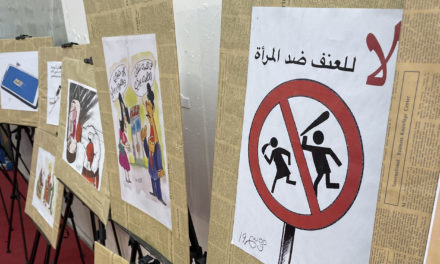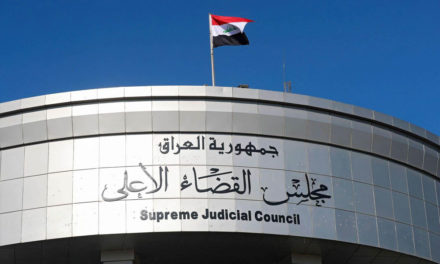(Photo: ANF News)
Since Iraqi Kurdistan gained autonomy from the tyrant Saddam Hussein in 1991, there have been five regional parliamentary elections, but they have all been delayed. This is the case once again, as the Kurdistan Regional Government (KRG) parliamentary elections were meant to be held last year. After the Iraqi Federal Supreme Court ruled the KRG parliament’s extension as illegal, the Kurdistan region’s parliament has dissolved itself and elections are now dependent on when the Independent High Electoral Commission (IHEC) can organize elections in the region. The question of time and logistics is tied to the fact that the rest of Iraq is scheduled to hold provincial council elections later this year in December.
The delay in holding elections as scheduled this time stems from a dispute between the two ruling Kurdish parties, the Kurdistan Democratic Party (KDP) and the Patriotic Union of Kurdistan (PUK), over the allocation of seats for minorities. There are 11 seats reserved for minorities: five for Turkmen, five for Assyrians and one for Armenians.
The PUK believe the current electoral system favours the KDP-dominated governorates of Erbil and Duhok, because it allocates most of the minority seats there. The PUK insist that the minority seats be allocated evenly across all the governorates, which include areas they influence. The KDP’s counterargument is that this is up to the minorities in how their seats should be contested in elections.
Kurdish parties have been discussing electoral matters for a year and a half, in the presence of the United Nations Assistance Mission for Iraq (UNAMI), but with no solutions reached. As a result, the KRG parliamentary elections scheduled for October 2022 were delayed and to give themselves more time to find a solution, 80 of the 111 KRG MPs voted to extend the mandate of the regional parliament by one year. However, after months of delay, the Federal Supreme Court in Baghdad deemed it illegal. Delays were an attempt to give the Kurdish parties time to resolve the matter, but the court could not set a precedence with the KRG of extending parliamentary terms, that could later be used in Baghdad.
As a result, the Federal Supreme Court determined that everything issued during the extension of the KRG parliament is to be void. In addition, IHEC, the federal commission is now responsible for organizing elections in Iraqi Kurdistan because the regional Kurdish electoral commission’s term expired in 2019. The issue now is that IHEC is preparing for provincial council elections in the other 15 Iraqi governorates and the KRG President Nechirvan Barzani issued a decree for elections to be held on November 18 of this year. IHEC officials have stated that they will not be able to simultaneously hold both provincial council and KRG parliamentary elections.
Elections are one of the main pillars of democracy, which attracts partnership and investment from Western partners, which is why many Western missions have pushed for Kurdish parties to put their differences aside and to not postpone elections, otherwise the democratic reputation of Iraqi Kurdistan will be in question.
Elections have been delayed with no concrete date in sight. Kurdish politicians have paid lip service to doing all that they can to hold elections, but the issues of disagreement that led to this delay in the first place remain unresolved.

Sarawan Hama Salih
Sarawan Hama Salih is a researcher from Iraqi Kurdistan focusing on Iraqi affairs.










